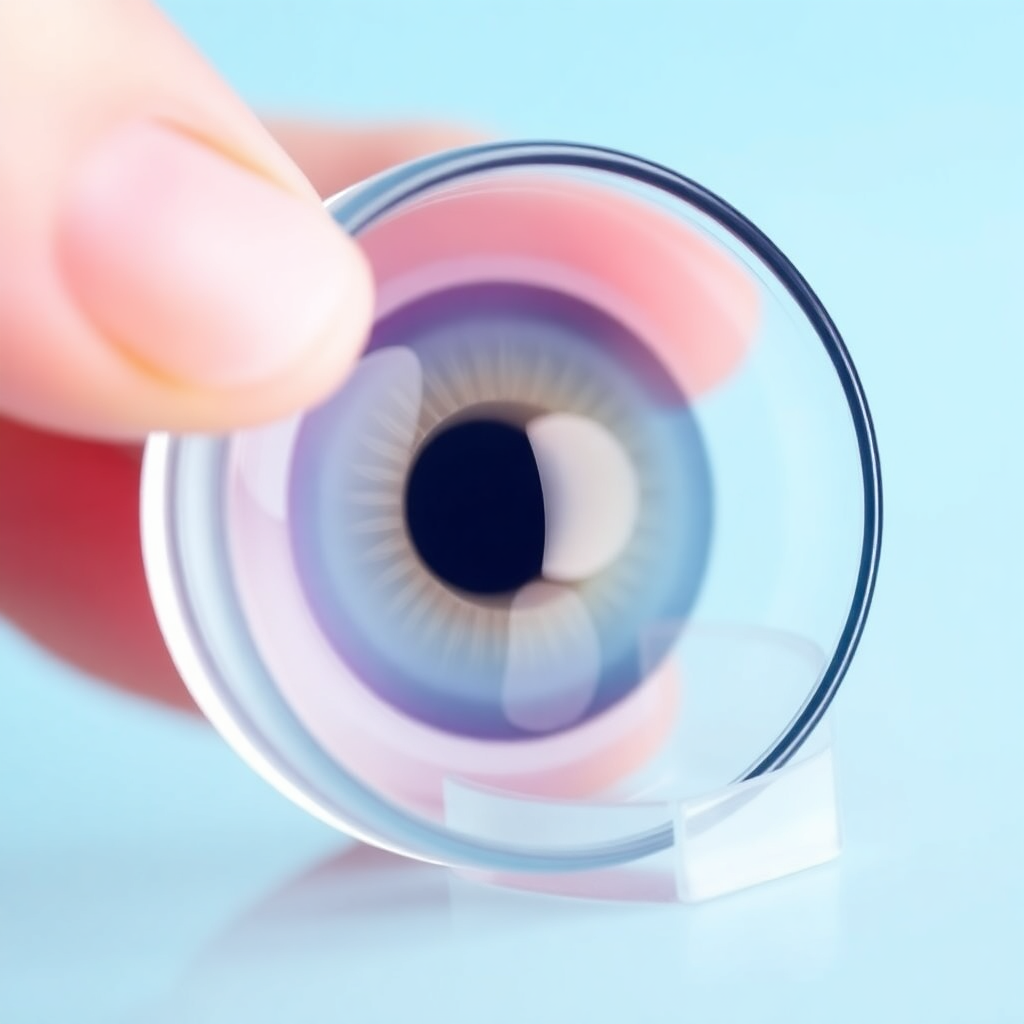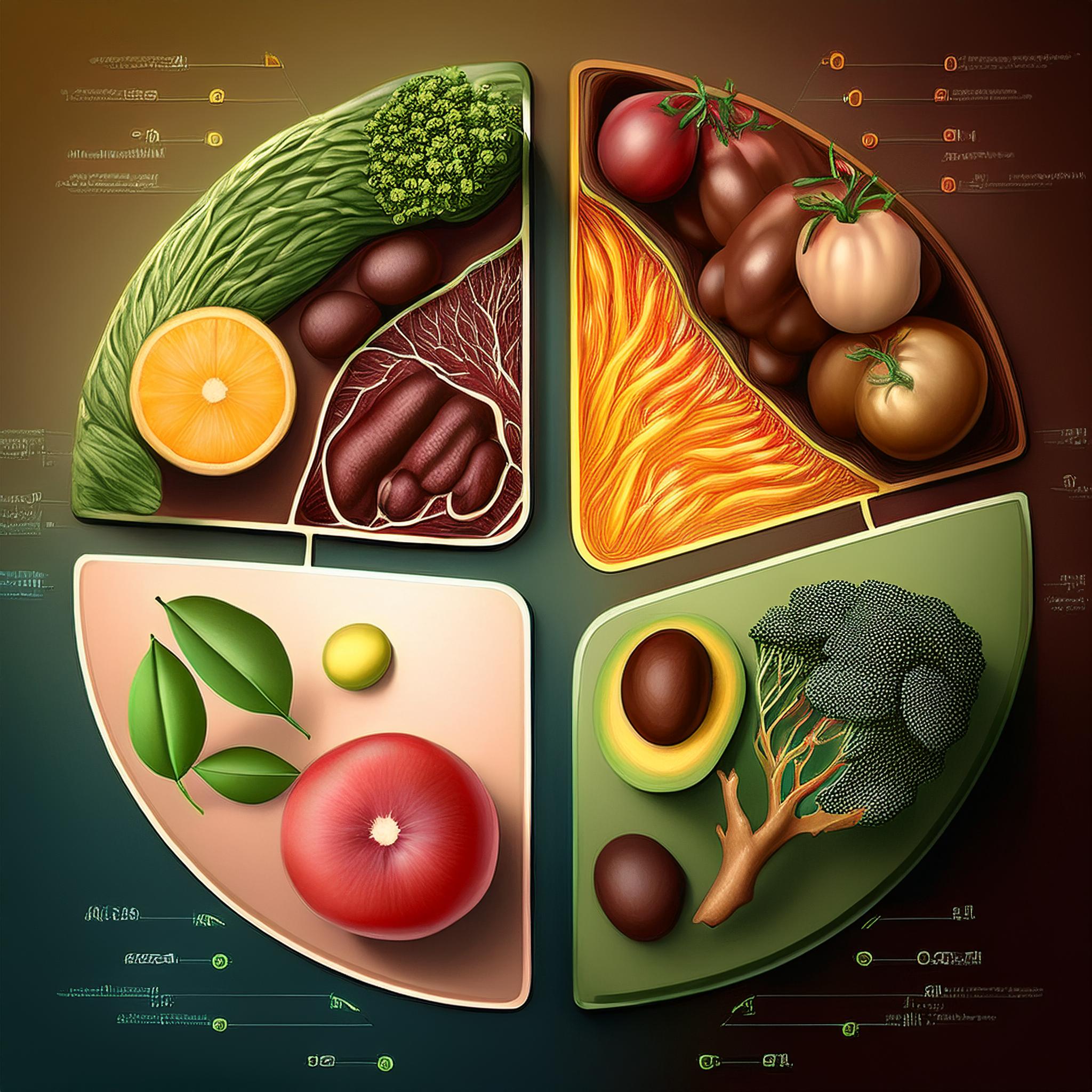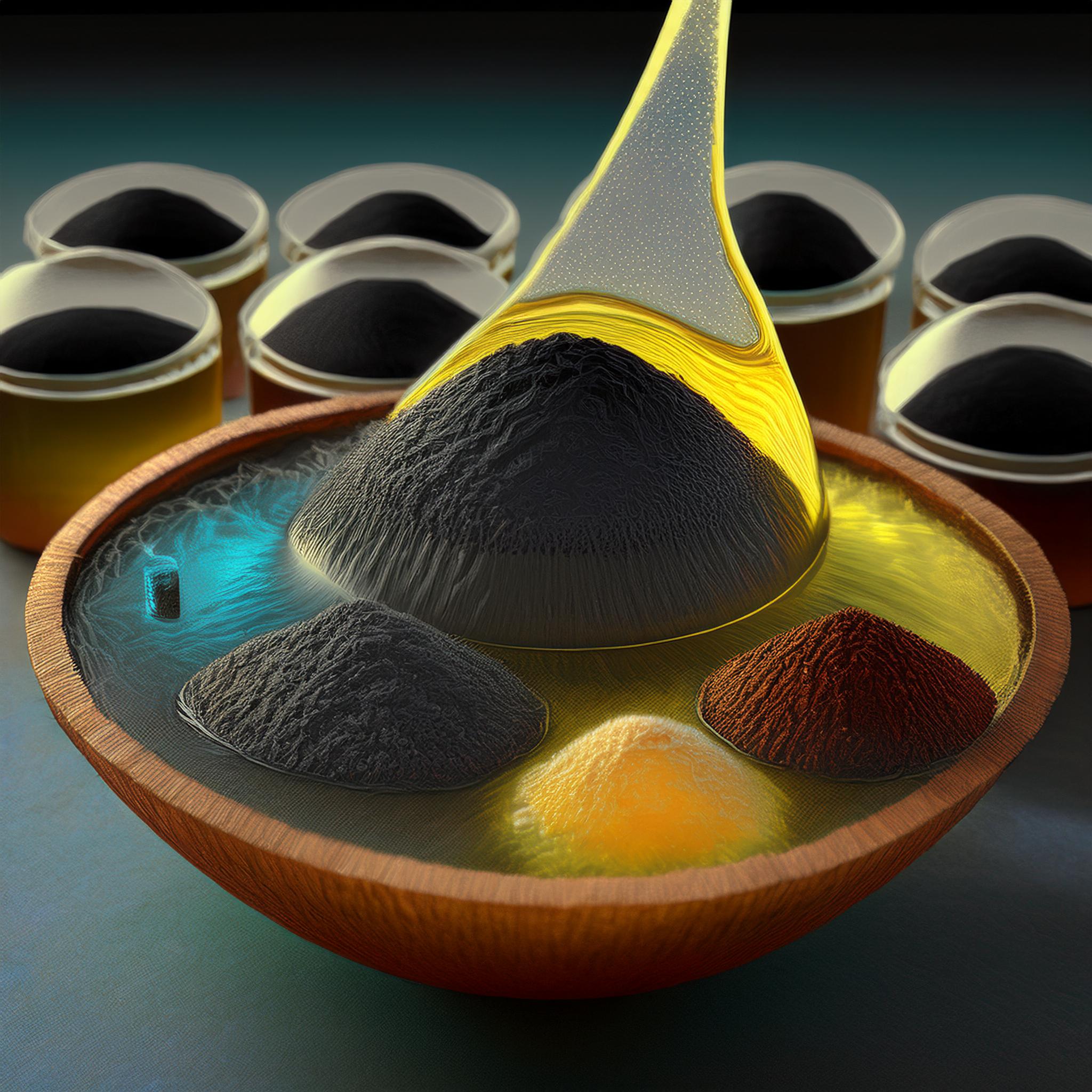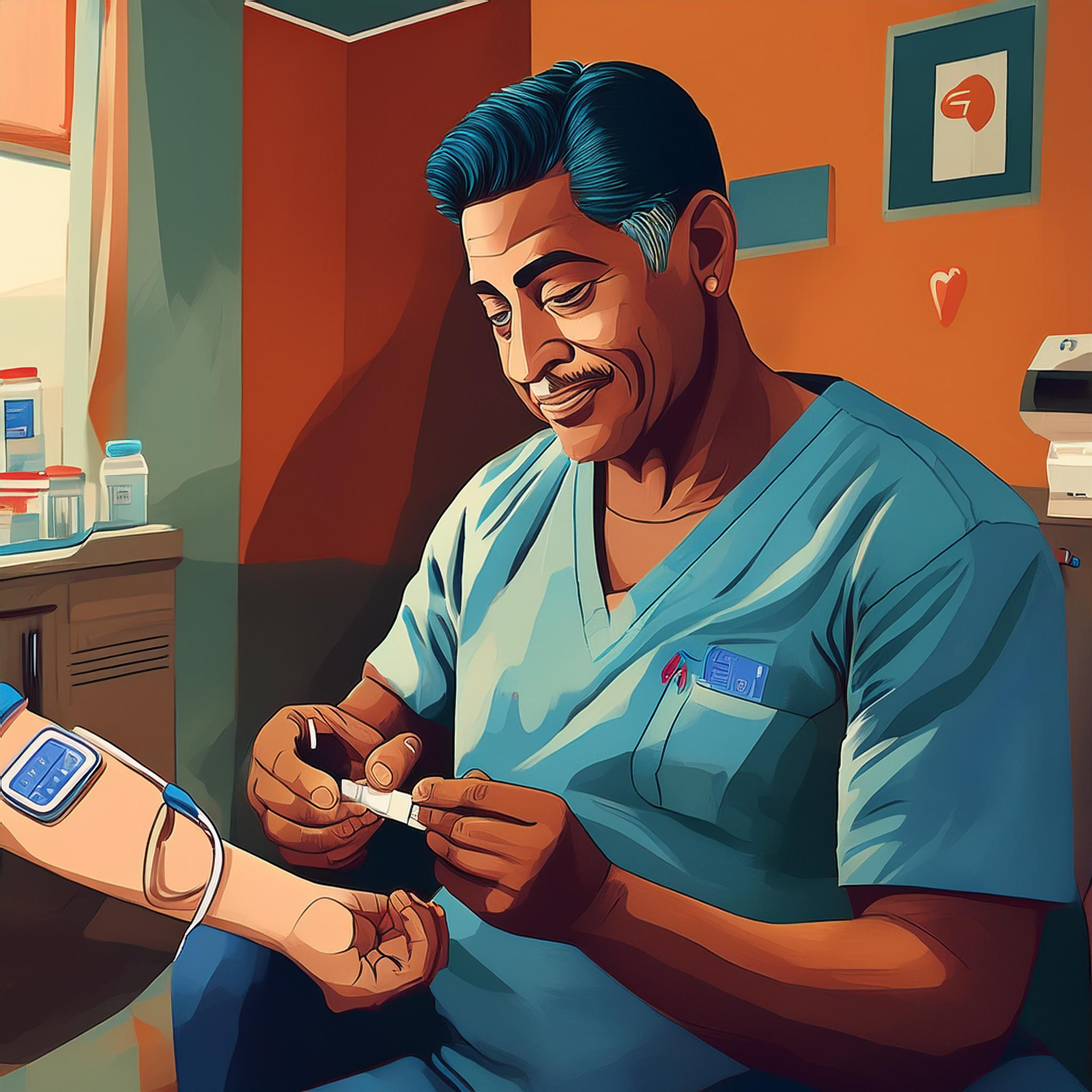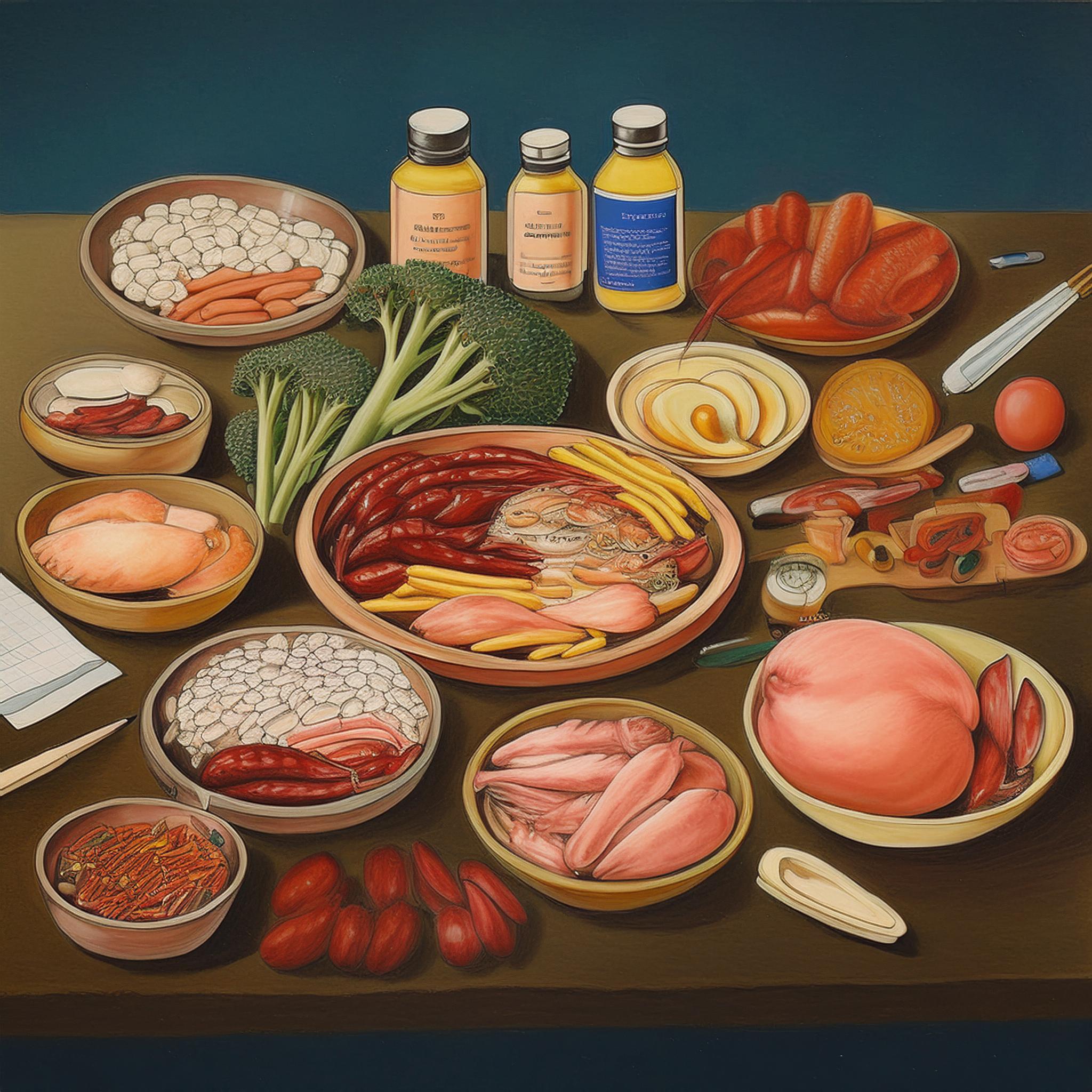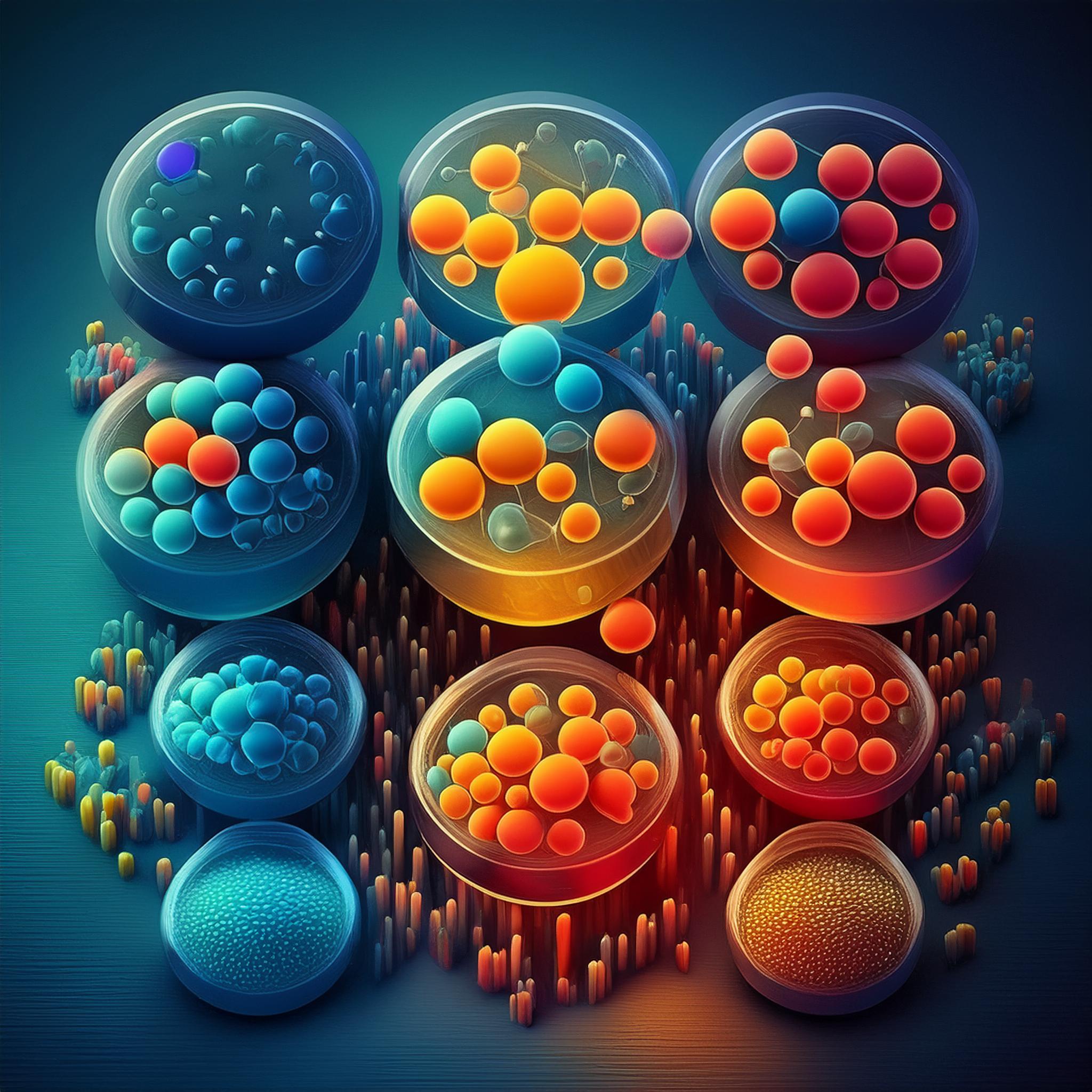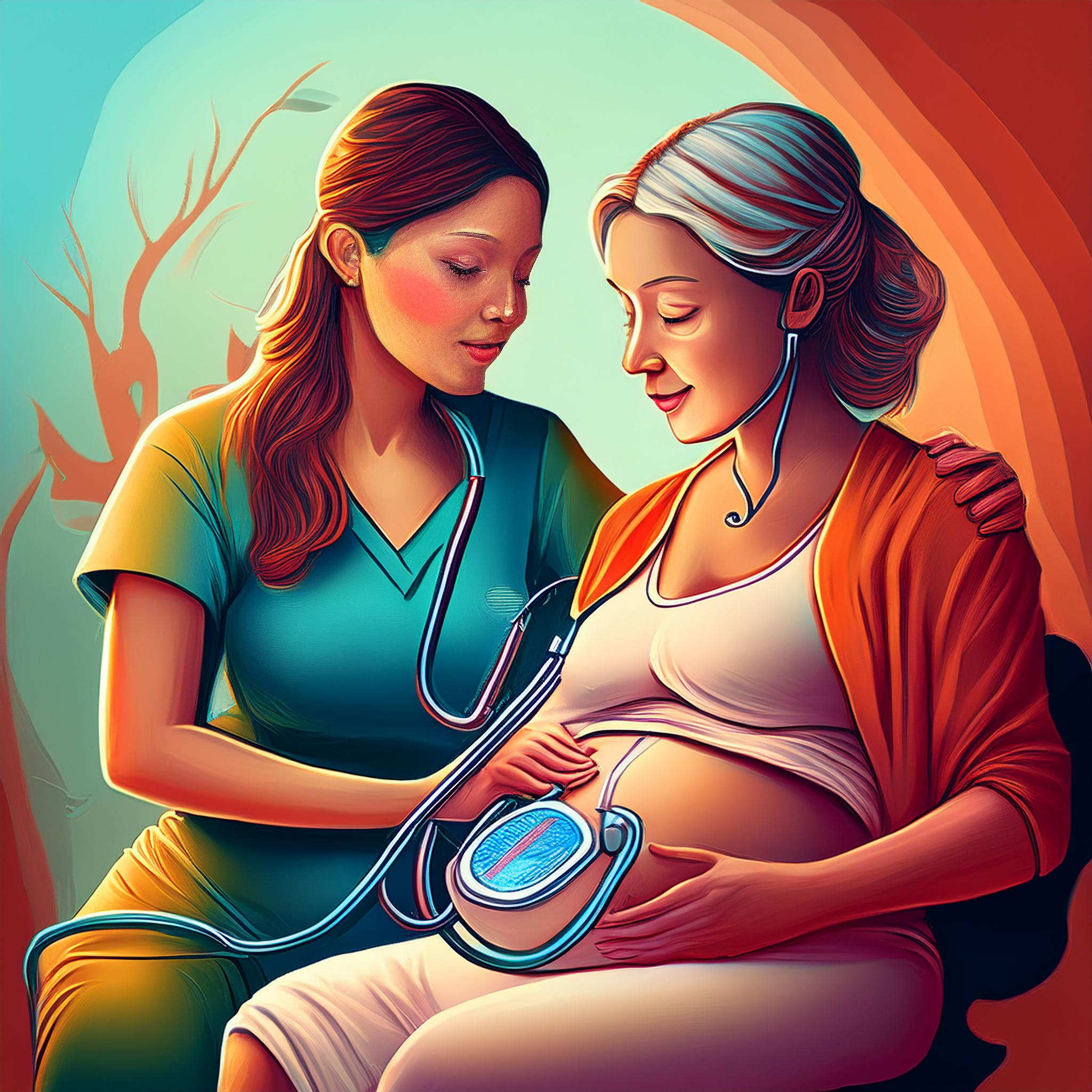Hubungan Antara Keamanan Protein, Energi, Dan Vitamin A Terhadap Status Gizi Siswa Baru Sekolah Dasar Di Pantai Lasiana Kota Kupang
Downloads
A child growth describes the development of nutrition balance between intake and need of nutrition for various biological processes includes for his/her growth. Nutrition intake such as energy, protein, and vitamin A are influential components of one’s nutrition status. Families from low economic level are generally facing malnutrition problems. Coastal areas tend to be identic with fisherman villages and are supposed to have higher protein intake in comparison to highlands areas due to high animal (fish) protein intakes. However, a lot of fisherman villages are also identic to poverty and under-developed areas. The poverty influences children nutrition status. Lasiana beach is one of the coastal areas lies at the border of Kupang city and Kupang regency. The recent study aims at finding out the relation among the Intake of Protein, Energy and Vitamin A to nutrition status of new students of the elementary school at Lasiana coastal areas of Kupang, East Nusa Tenggara Province. The study is quantitative in nature and was carried out using an observational cross-sectional method for one whole month (October 27th – November 27th, 2015). The population is 561 elementary students (SD) located at Lasiana Beach. The sample is 95 students which are taken by means of the proportional random sampling technique. Data analysis is carried out in terms of univariate, bivariate and multivariate respectively. Chi-Square is then used to find out the relationships among variables. It is found out that: among the observed independent variables (parents’ schooling, energy intake, protein intake, and vitamin A intake) only energy, protein, and vitamin A intakes have significant relation with nutrition status of new students of elementary school. These are shown by their <0,05 P values. While parents’ schooling does not have any significant relation.
Downloads
Apriadji. 1986. Gizi Keluarga. Jakarta: PT. Penebar Swadaya Anggota IKAPI
Berg, Alan. 1986. Peranan Gizi dalam Pembangunan Nasional. Jakarta: CV. Rajawali
Bloem, Martin W., Wedel M, Agtmaal E., Schreurs W., 1995. Vitamin A Intervetion: Shot- Term Effect of a Single Oral, Massive Dose on Iron Metabolism. American Journal Clinical Nutrition 51
Cakrawati D dan Mustika N. 2011. “Bahan Pangan, Gizi, Dan Kesehatan”. Bandung: Alfabeta. Dep. Kes. RI, 2002, Pemantauan Pertumbuhan Balita, Direktorat Gizi Dep. Kes. RI, Jakarta
Depkes RI. 2000. Rencana Aksi Pangan dan Gizi Nasional 2001-2005. Jakarta
Devi N. 2012. Gizi Anak Sekolah. Jakarta: Kompas
Faharuddin. 2012. http://taharuddin.com/efek-gizi-terhadap-status-gizi-anak.html. (diakses pada tanggal 08 Oktober 2015)
Harahap, Heryudarini. 2002. Faktor-Faktor yang Mempengaruhi Risiko Kurang Energi Kronik (KEK) pada Wanita Usia Subur (WUS).http://digilib.litbang.depkes.go.id/go.php?id=jkpkbppk-gdl-res-2002-heryudarini-838-kek
Himawati, N.R. 2000. Hubungan antar Faktor Sosial Ekonomi dengan Pola Konsumsi Makan dan Status Gizi Anak Balita di Kabupaten Purworejo Jawa Tengah. Fakultas Kedokteran UGM: Tesis
Isdaryanti. 2007. Asupan Energi, Protein, Status Gizi dan Prestasi Belajar Anak Sekolah Dasar Arjowinnangun I Pacitan Skripsi Fakultas Kedokteran Universitas Gadjah Mada: Jogyakarta
Jahari, AB. 1988. Antropometri sebagai Indikator Status Gizi. Gizi Indonesia Vol. 13 (2)
Judarwanto. 2008. Perilaku Makan Anak Sekolah. Picky Eaters Clinik (Klinik Khusus Kesulitan Makan pada Anak). Diakses 20 Agustus 2013 dalam situs web: http://kesulitan makan.bravehost.com
Kartasapooetra, G. & H. Marsetyo. 2003. Ilmu Gizi (Korelasi Gizi dan Kesehatan dan Produktifitas Kerja). Rineka Cipta. Jakarta, Cet. Ke empat.
Khaldun, S. 2008. Z-skor Status Gizi Balita di Provinsi Sulawesi Selatan 2007. Jurnal Sains & Teknologi, Vol. 8 (2), 112-125
Khomsan. 2010. Pangan dan Gizi untuk Kesehatan. Jakarta: Raja Grafindo Persada
Khumaidi, M., 1994. Gizi Masyarakat. BPK Gunung Mulya. Jakarta
Kjolhede, C.L., Stallings, R.Y., Dibley, M.J, Sadjimin, T., Dawiesah, S., Padmawati, S. 1995. Serum Retinol Levels among Preschool Children in Central Java: Demographic and Sosioeconomic Determinants. International Journal of Epidemiology. 24 (2): 399-403
Lemeshow, 1997. Besar Sampel dalam Penelitian Kesehatan, Yogyakarta. Gadjah Mada University Press
Moehji, 2003. Ilmu Gizi 2. Jakarta: Papas Sinar Siinanti
Riset Kesehatan Dasar (RISKESDAS). 2013. Penelitian dan Pengembangan Kesehatan Kesehatan Republik Indonesia. Jakarta
Roedjito, D. 1989. Kajian Penelitian Gizi. Jakarta: Mediatama Sarana Perkasa
Romauli, S. 2008. Pengaruh Pola Konsumsi, Aktivitas Fisik dan Keturunan terhadap Kejadian Obesitas pada Siswa Sekolah Dasar Swasta di Kec. Medan Baru. Medan, Pasca sarjana USU
Sajogyo. 1994. Menuju Gizi Baik yang Merata di Pedesaan dan di Kota. Yogyakarta: Gadjah Mada University Press
Sanjur, D. 1982. Social and Cultural Perspectives in Nutrition. Division of Nutritional Sciences, Community Nutrition Program, College of Human Ecology, Cornell University
Sanjur, Diva and Maria R., 1997. Assessing Food Consumption (Selected Issues in Data Collection and Analysis). Division of Nutritional Sciences, Community Nutrition Program, College of Human Ecology, Cornell University
Sediaoetama 1996. Ilmu Gizi Jilid I. Jakarta: PT Dian Rakyat
Soekirman. 2000.Ilmu Gizi dan Aplikasinya untuk Keluarga dan Masyarakat. Jakarta; Direktorat Jenderal pendidikan Tinggi Departemen Pendidikan Nasional
Soekirman, 1974, Ilmu Gizi dan Aplikasinya untuk Keluarga dan Masyarakat. Jakarta: Direktorat Jenderal pendidikan Tinggi Departemen Pendidikan Nasional
Soi, Beatrix dan Sine Gressilda J. 2012. Analisis Kebutuhan Penyelenggaraan Makanan Sekolah Dasar di Kecamatan Maulafa Kota Kupang. Jurnal Info Kesehatan Vol. 9, No. 2, Juli 2012 (hlm. 122-129)
Suhardjo, (2005) Perencanaan Pangan dan Gizi. Jakarta: Bumi Aksara
Suharjo, 2003. Berbagai Cara Pendidikan Gizi. Jakarta: Bumi Aksara
Sulasminingsih, 2006. Kebiasaan Makan Pagi, Status Gizi dan Prestasi Belajar di SDN Koroulon 1 Bimomartani Ngemplak Sleman (Tesis yang tidak dipublikasikan), Program Sarjana UGM
Supariasa, 2001. Penilaian Status Gizi. Jakarta: Penerbit Buku Kedokteran
Supariasa I.D.N, Bakri B., & Fajar B. 2003. Penilaian Status Gizi. Jakarta: EGC
Thaib, TM. 1996. Status Gizi Anak Prasekolah Dasar di Kecamatan Tapaktuan Kabupaten Aceh Selatan Daerah Istimewah Aceh. Majalah Kedokteran Indonesia Vol. 46 (6)
Unicef. 1998. The State of the World’s Children 1998. New York: Oxford Univercity Press
Yulni1, Veni H., dan Devintha V., 2013. Hubungan Asupan Zat Gizi Makro dengan Status Gizi pada Anak Sekolah Dasar di Wilayah Pesisir Kota Makassar Tahun 2013. 2Program Studi Ilmu Gizi Fakultas Kesehatan Masyarakat Universitas Hasanuddin.
Copyright notice
Ownership of copyright
The copyright in this website and the material on this website (including without limitation the text, computer code, artwork, photographs, images, music, audio material, video material and audio-visual material on this website) is owned by JURNAL INFO KESEHATAN and its licensors.
Copyright license
JURNAL INFO KESEHATAN grants to you a worldwide non-exclusive royalty-free revocable license to:
- view this website and the material on this website on a computer or mobile device via a web browser;
- copy and store this website and the material on this website in your web browser cache memory; and
- print pages from this website for your use.
- All articles published by JURNAL INFO KESEHATAN are licensed under the Creative Commons Attribution 4.0 International License. This permits anyone to copy, redistribute, remix, transmit and adapt the work provided the original work and source is appropriately cited.
JURNAL INFO KESEHATAN does not grant you any other rights in relation to this website or the material on this website. In other words, all other rights are reserved.
For the avoidance of doubt, you must not adapt, edit, change, transform, publish, republish, distribute, redistribute, broadcast, rebroadcast or show or play in public this website or the material on this website (in any form or media) without appropriately and conspicuously citing the original work and source or JURNAL INFO KESEHATAN prior written permission.
Permissions
You may request permission to use the copyright materials on this website by writing to jurnalinfokesehatan@gmail.com.
Enforcement of copyright
JURNAL INFO KESEHATAN takes the protection of its copyright very seriously.
If JURNAL INFO KESEHATAN discovers that you have used its copyright materials in contravention of the license above, JURNAL INFO KESEHATAN may bring legal proceedings against you seeking monetary damages and an injunction to stop you using those materials. You could also be ordered to pay legal costs.
If you become aware of any use of JURNAL INFO KESEHATAN copyright materials that contravenes or may contravene the license above, please report this by email to jurnalinfokesehatan@gmail.com
Infringing material
If you become aware of any material on the website that you believe infringes your or any other person's copyright, please report this by email to jurnalinfokesehatan@gmail.com.



